The Current Picture of Big Data in Healthcare
Healthcare presently is a maze of dated and incompatible systems, data, and processes, wrapped with a complex regulatory structure, and out-of-date workflow still primarily focused on the doctor v the entire care team. As healthcare seeks to create an environment that enables smart engagement, a more connected patient journey is required.
The Institute for Healthcare Improvement has determined that the goal of measuring, reporting, and comparing healthcare outcomes is to achieve the Quadruple Aim of Healthcare include
-
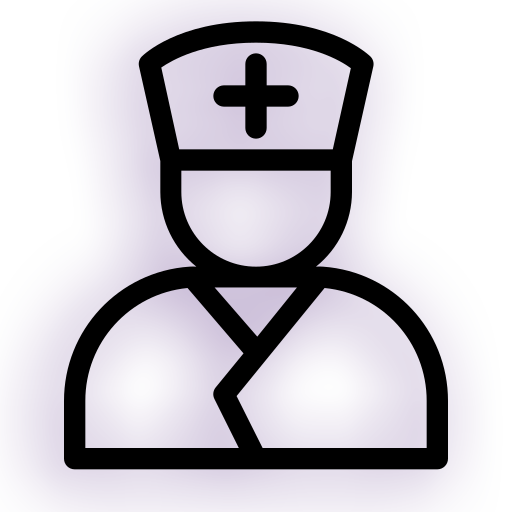
Improve the patient experience of care
-
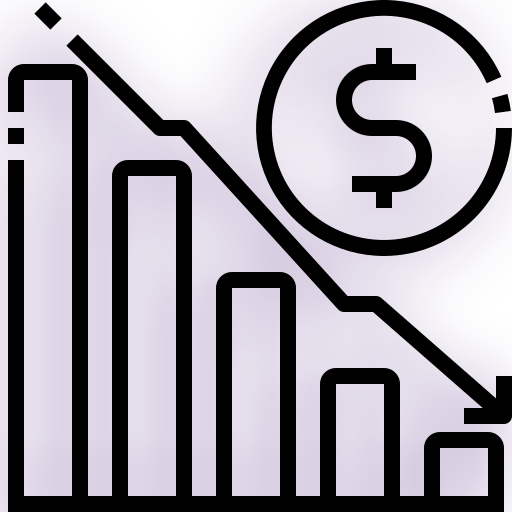
Improve the health of populations.
-
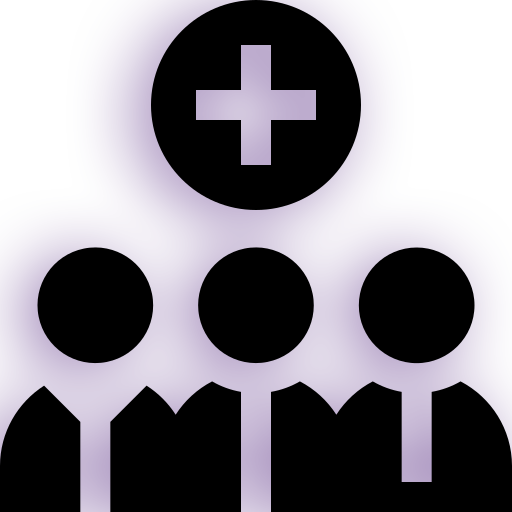
Reduce the per capita cost of healthcare.
-
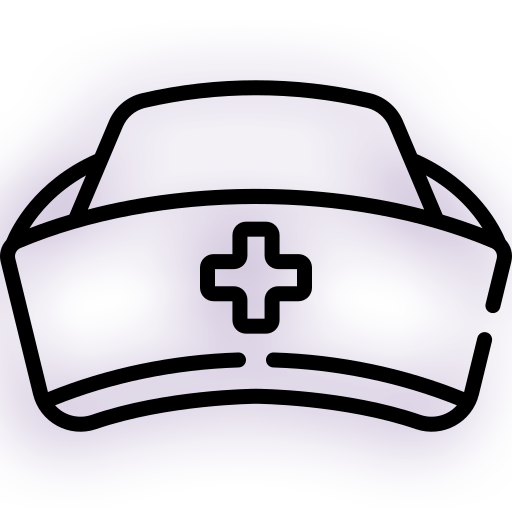
Reduce clinician and staff burnout.
They then grouped outcome measures into seven categories weighted by importance:
-

22%
Mortality
Reveal areas in which interventions could improve care.
-

22%
Safety of Care
Identify variations of care.
-

22%
Readmissions
Provide evidence about interventions that work best for certain types of patients under certain circumstances.
-

22%
Patient Experience
Compare the effectiveness of various treatments and procedures. Relate to patient safety or quality of care
-

04%
Effectiveness of Care
Positively impact healthcare outcomes.
-

04%
Efficient Use of Medical Imaging
Meet or surpass law and regulation.
-

04%
Essentials for Success
Can be accurately and readily measured.
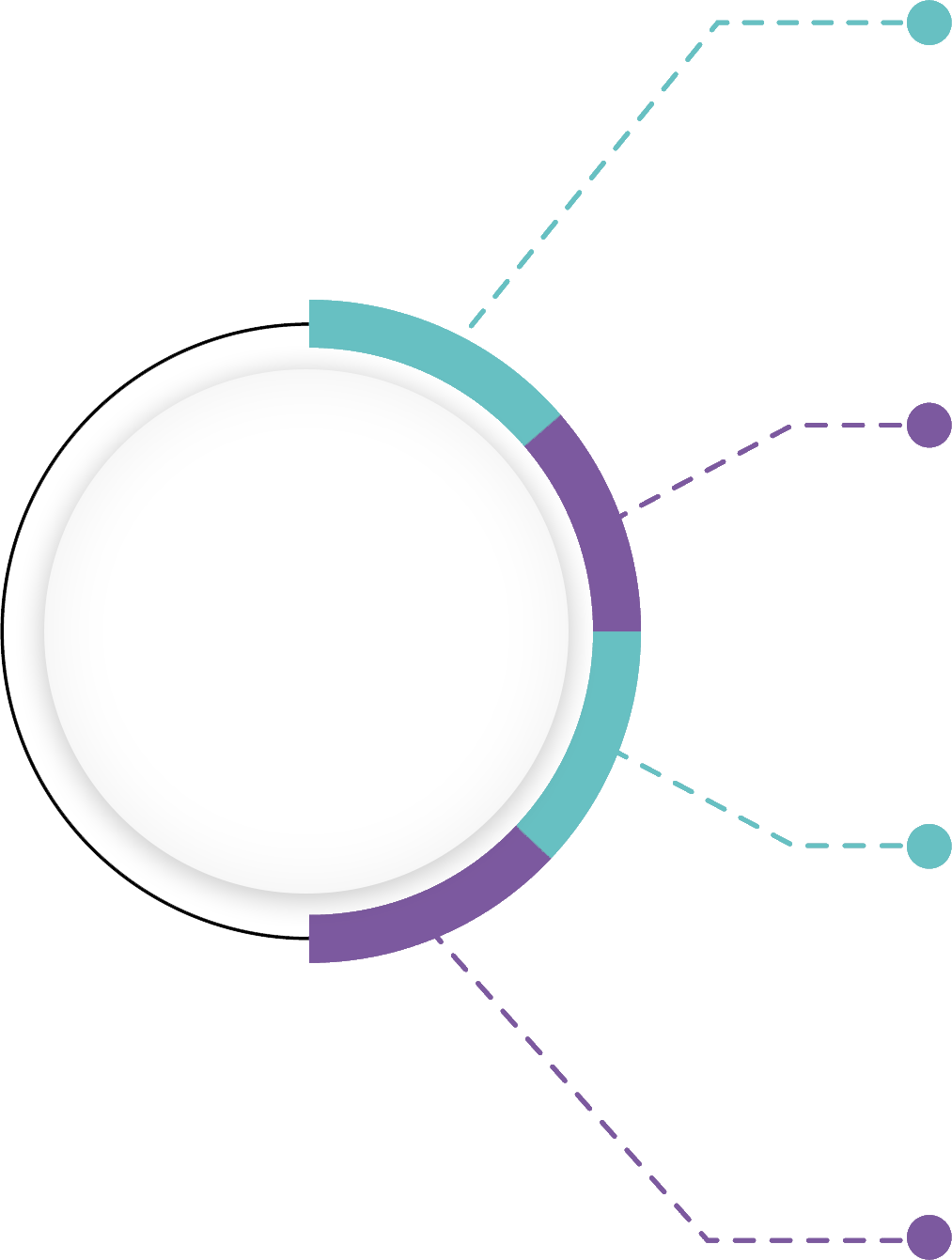
Driving Market Dynamics
- Growing remote patient monitoring market
- Increased interest in health and wellness tracking
- Mandate to improve outcomes and access to care
- Emerging technologies, lowering the cost to capture/analyze more data
- Strategic initiatives by key ecosystem members (e.g., health plans)
- Poor internet availability in underdeveloped and developing countries and rural areas
- Lack of awareness and comfort with new technologies with the aging population
- Historic security & privacy concerns
- Evolving reimbursement market in the US
- Growth in the aging population and the subsequent increase in the prevalence of chronic diseases
- Market push to reduce healthcare costs
- Market push to blend home and hospital care through decentralized care
- The shortage of healthcare professionals
- Challenges that the Medicaid/ Medicare and long-term care markets are facing



